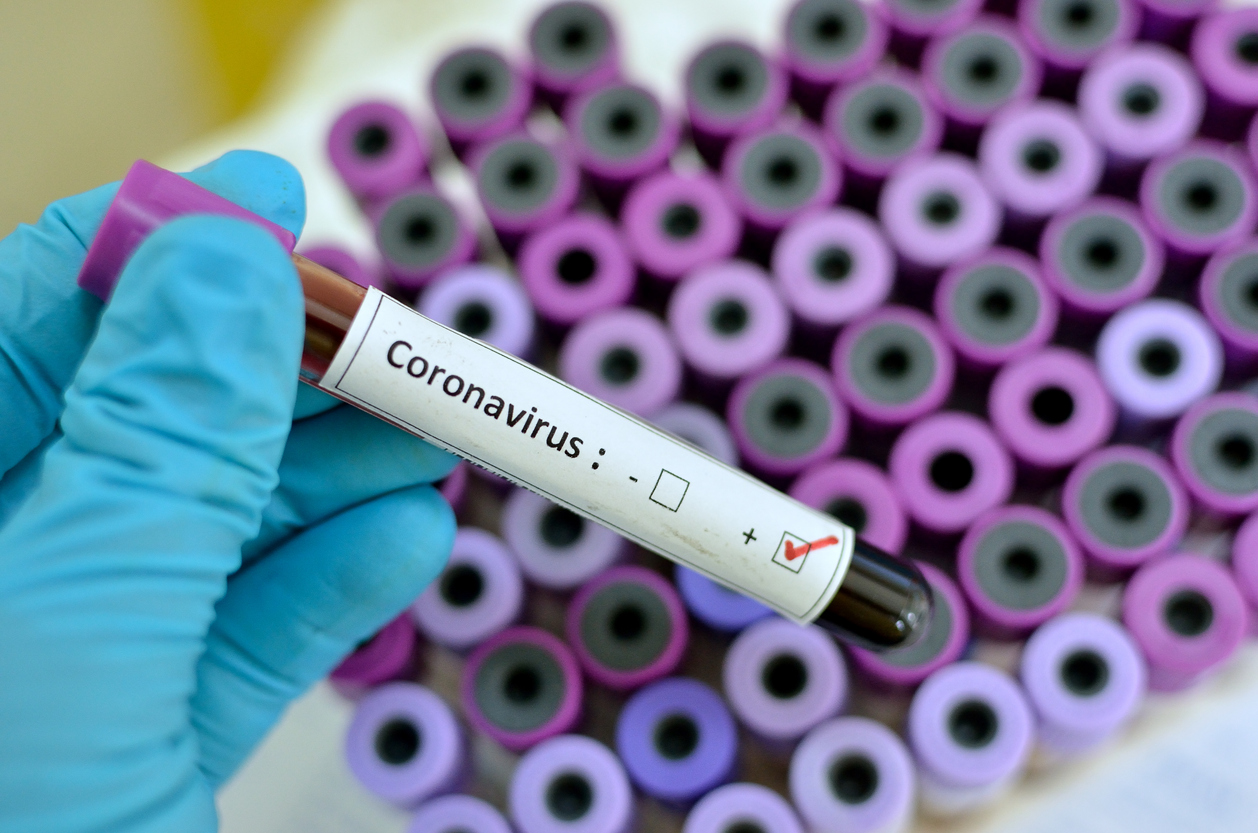FDA clears emergency diagnostic as coronavirus fears mount

The US drugs regulator has approved emergency use of a diagnostic for the strain of coronavirus causing the current global outbreak, as the number of deaths and infections rise sharply.
There have been almost 32,000 cases of 2019-nCov in China at last count, and 637 deaths, with dozens of other confirmed cases among people from Japan, the US, Canada, Australia and the UK – which has just confirmed the third case of the virus.
So far most of the diagnosed cases among non-Chinese people have been seen in those who have travelled to the outbreak’s epicentre in Wuhan, but the third UK patient is thought to have contracted the new coronavirus in Singapore.
The FDA has granted emergency use authorisation (EUA) for the 2019-nCoV Real-Time Reverse Transcriptase (RT)-PCR Diagnostic Panel developed at the Centers for Disease Control and Prevention (CDC).
The test – which uses nasal or oral swabs - previously had only been approved for use in a couple of CDC labs in the US. There are no commercially available diagnostic tests cleared or approved by the FDA for the detection of 2019-nCoV.
Now, it can be used at any lab across the US that has been qualified by the CDC, a move that FDA Commissioner Steve Hahn said was “a critical step forward in protecting public health.”
An EUA can only be granted to a medical product if the Health and Human Services (HHS) department determines that the US is facing a public health emergency. HHS Secretary Alex Azar did just that on 31 January.
The FDA says it is working with other 2019-nCoV diagnostic developers to help accelerate their development programmes, and has already received “several” requests for EUA status.
The move comes as anger is rising in China over the death of a whistleblower Chinese doctor who was reportedly silenced by police after warning that 2019-nCov bore similarities to SARS, another coronavirus that caused an outbreak in 2002-2003 that resulted in around 8,000 infections and 800 deaths across two dozen countries.
Li Wenliang, an ophthalmologist working in Wuhan, died a few weeks after he was hospitalised and treated for 2019-nCov infection. He first warned colleagues of the risks with the virus in December, but was reprimanded by local police, according to local news reports.
The Chinese state-run Xinhua news agency has said that the government has launched an investigation into “issues related to Dr Li Wenliang.”
There have been suggestions that the pharma industry has been slow to respond to the emerging epidemic, but there are signs that work is gathering pace. This week GlaxoSmithKline donated its adjuvant technology to vaccine-hunting programme, while Johnson & Johnson, Moderna, CureVac and Novavax are also working on vaccine candidates.
Gilead meanwhile is providing its experimental antiviral drug remdesvir to scientists in Wuhan for clinical testing against 2019-nCov, and shortly after the Wuhan Institute applied for a patent on the drug as a treatment for the virus.
Meanwhile, J&J has also donated 300 boxes of its HIV antiviral medication Prezcobix (darunavir/cobicistat) to China in the hope it will be able to treat the infection.
Late last month, Anglo-French biotech Novacyt said it had developed a new molecular test for coronavirus that zeroes in on the 2019-nCov variant, allowing it to be distinguished from other coronaviruses.











